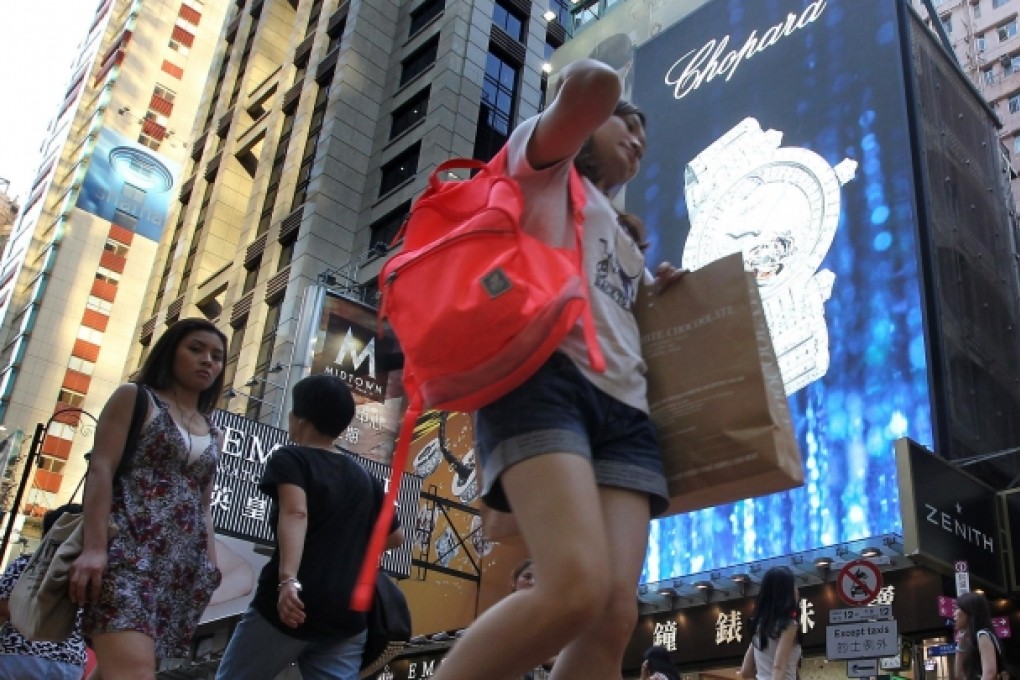Shop operators take the stairs to avoid high rents
Smaller players plot survival strategies while ceding prime street-level space to luxury labels

Soaring street-level shop rents are hitting Hong Kong's cheap eateries and mass retailers as jewellers and other luxury brands compete for prime space.

McDonald's will move one of its restaurants to Leighton Centre in Causeway Bay after its lease for the 6,000 square foot outlet in Russell Street - the world's most expensive address for retailers - expires in September.
The space in Russell Street had been leased to cosmetics retailer Sa Sa International for HK$1.58 million a month, more than three times the current monthly rent of HK$500,000 paid by McDonald's, which signed its lease two years ago.
To retain its presence in the prime area, McDonald's will open a 4,000 sq ft outlet in the basement of Leighton Centre soon, according to people familiar with the deal.
The rent would be less than half that being charged for prime street-level shops. Sources said the asking rents in the basement were about HK$100 per square foot, compared with the HK$263 per square foot paid by Sa Sa for the Russell Street shop. Sa Sa last month said turnover for the group's retail and wholesale business rose 20.1 per cent year on year to HK$1.9 billion for the three months to June.